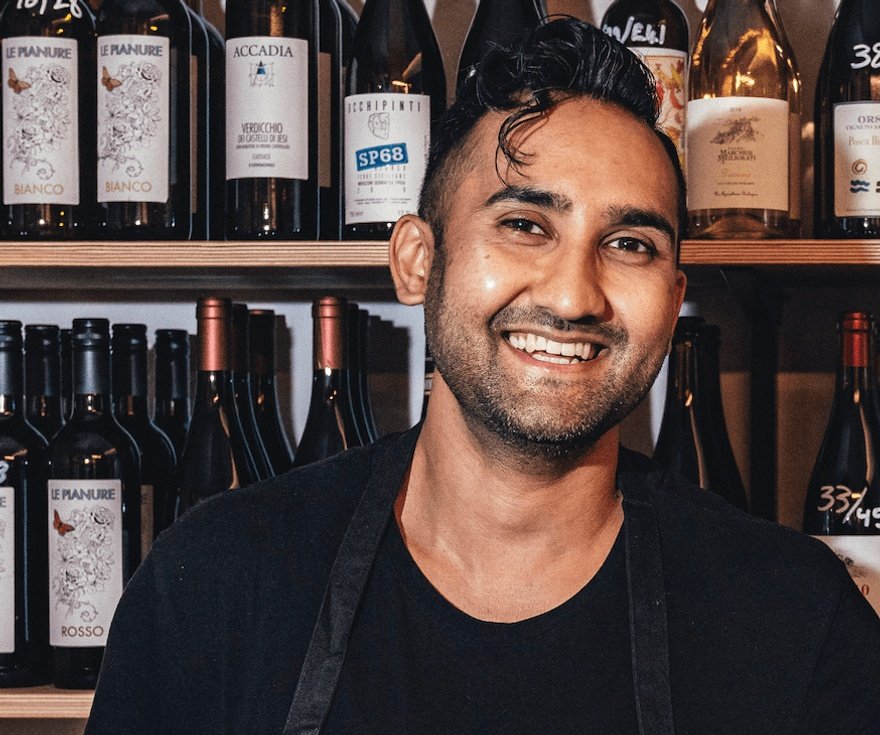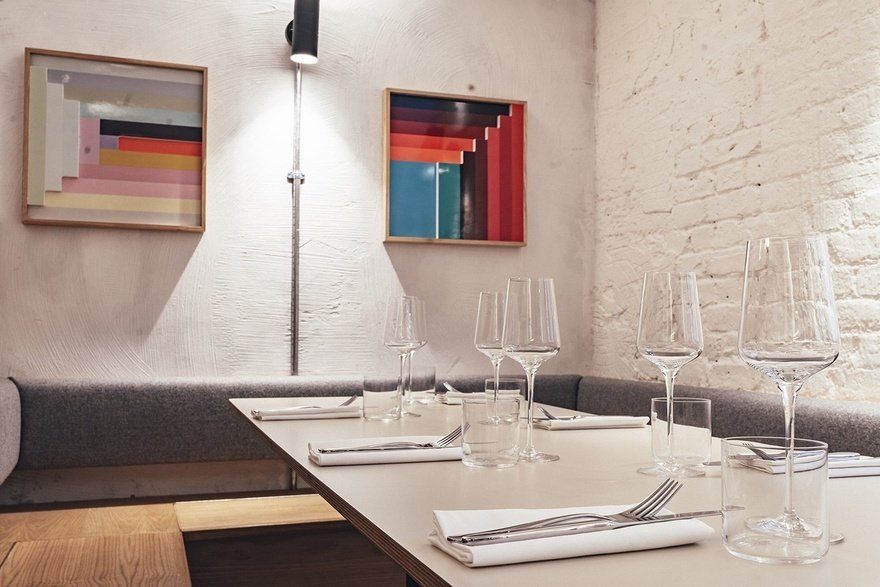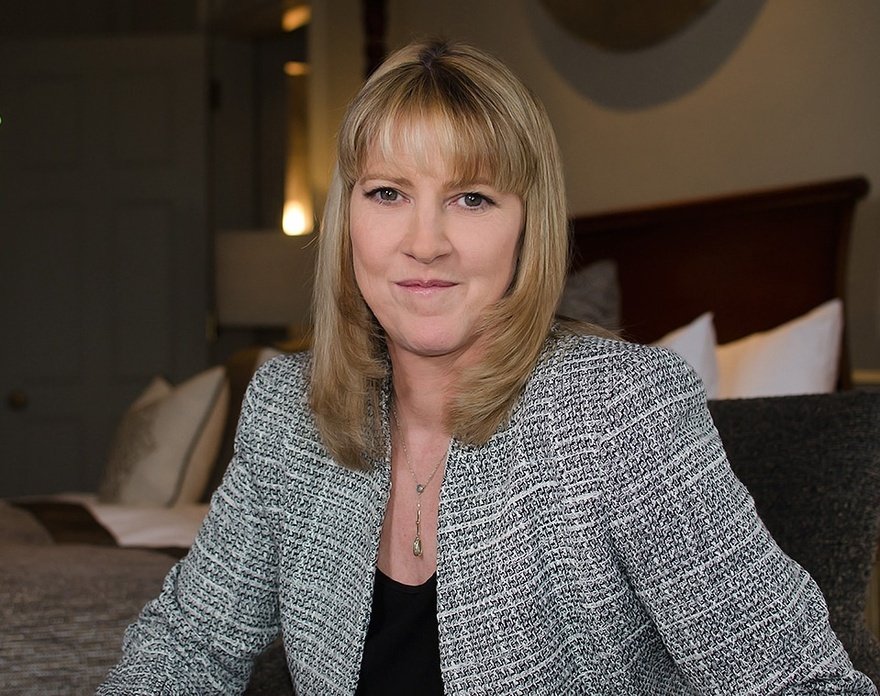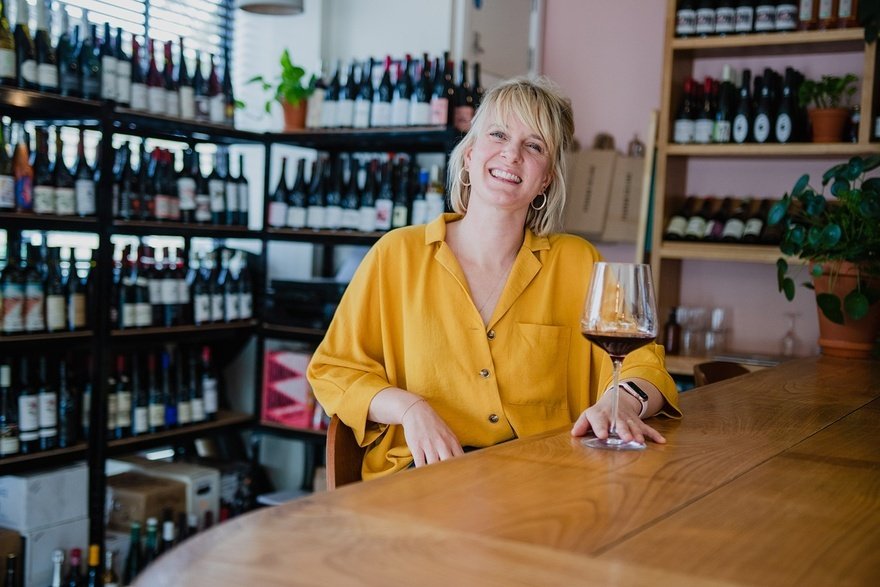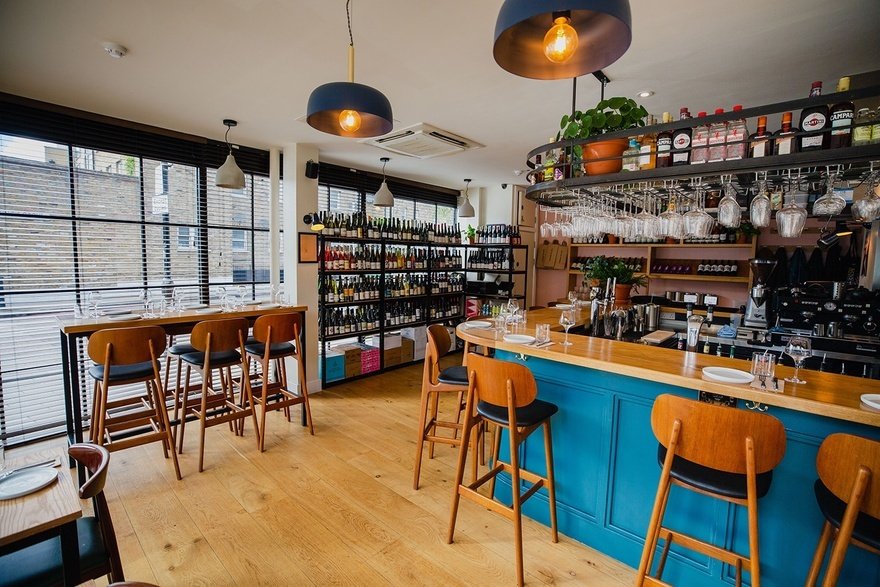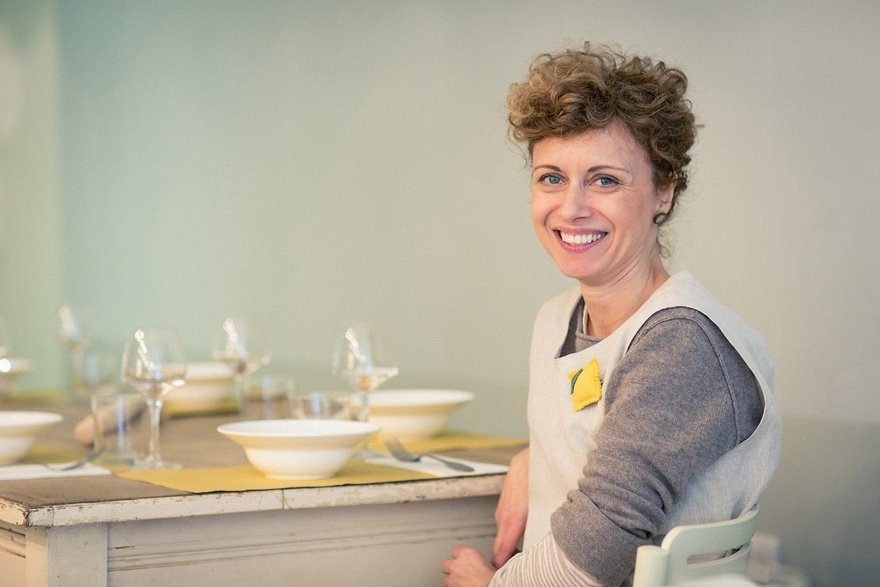Bookings are flying for those operations that have reopened, but as consumer demand becomes less of a concern, focus has shifted to supply. Will Hawkes finds out how the pandemic, Brexit and the recent Suez Canal debacle are affecting the cost and availability of produce, equipment and even staff.
Like many in the hospitality industry, Jay Patel is raring to go. His restaurant, Legare in London's Bermondsey, won't open until May – but that's due to lack of outdoor space, not desire. "I'm really, really excited," he says. "There's always going to be an air of caution because we know this [pandemic] can happen at any time again. We're going to have to manage everything very carefully, but the reason anybody opens a restaurant is to serve food. It's one of the joys of life: eating, drinking and socialising."
Most will agree with him, but behind the optimism there is cause for concern ahead of a hugely important summer for hospitality. The impact of Brexit on the cost and availability of supplies from the EU is about to be tested, while plenty are worried about what Britain's EU departure has done to staffing. Add the recent Suez Canal hold-up and the ongoing impact of Covid-19, and there is plenty that could go wrong.
Supply issues
For the moment, though, positivity reigns. Supply problems have not prevented restaurants opening in April, even if, as with the Diner chain in London, there's no immediate expectation of profit. "We have accepted the hard restrictions put on us for so long now, and we just want to get going," says co-owner Andreas Akerlund. "We expect we will run in the red over the next five weeks [from 12 April], but we feel we have to get going. Getting turn- over back is important."
He expects no supply problems "that can't be solved", a sentiment with which Patel agrees. "On the whole [supply worries] have cleared up," says Patel, who co-founded Legare with chef Matt Beardmore. "We work with a number of big suppliers who are industry-wide and they've got everything down to a T now.
We work with a number of big suppliers who are industry-wide and they've got everything down to a T now
"There will be some price increases. We've seen an increase in our wine prices and there are so many factors to that, although the uncertainty of Brexit definitely plays a part."
A more serious worry is equipment. "That has been a bit of a strange one," Patel says. "We've had to order some new kitchen equipment for the reopening, and it's been held up in transit, and there's not really anything we can do about it. A lot of this stuff we get is specialist, from Italy or Spain, and we're seeing a week or two delay. We're lucky we're closed right now, but in a normal period, two weeks is a long time to go without a bit of equipment."
A recent report by the Foodservice Equipment Association suggests Legare is not alone. The organisation canvassed members about their experience of delays in the supply of products and components, caused by both Covid-19 and Brexit. The responses were unequivocal, with sourcing products from the continent being a particular issue. "Lead-in times are now being quoted at 10-12 weeks, which is nearly double what it was pre-Covid/Brexit," said one respondent.
Rachel Dobson, managing director of buying specialist Lynx Purchasing, cites a global shortage of shipping containers as a key factor in delays. "Any product that has to travel a significant distance, such as from the Far East, could be in short supply and potentially more expensive," she says. "That mainly affects commodities such as coffee, cooking oil, etc, and some processed food – like chicken and seafood, which goes to the Far East for processing – but suppliers are already factoring this into costs."
Any product that has to travel a significant distance could be in short supply and potentially more expensive
Some operators are struggling to source outdoor furniture, although the huge boom in demand is likely to be the most significant factor here. "Getting outdoor furniture, heaters, umbrellas, all of that, is difficult at the moment," says Michael Farquhar, operations director at D&D London, where 21 out of 40 restaurants opened on 12 April. "I think that's linked to [what's happening in the] Suez Canal. Everything's delayed until May or June."
He's less worried about food supplies. "If you'd asked me two weeks ago, I would have said yes, there were problems," he says. "For example, two weeks ago, a 700g lobster was £28; the same time last year, it was £16. But by Monday [12 April], they had dropped down to about £17. We do have some other things that have gone up, but overall it's not bad."
Supply problems might be more obvious later this summer. Justin Slawson, director of Bristol-based importers of Spanish food Mevalco, says they are finding new problems on a regular basis, despite having prepared for Brexit by "filling their boots" with imports in December. Lead times have been extended from two to three weeks post-Brexit, but he still expects difficulties over the summer.
"As every day goes by, there's more and more [issues], [such as] trying to import fish products, which is getting increasingly complicated and taking longer and longer," he says. "It is going to be a real challenge. And customers – whereas before they had a right to expect 100% supply all the time – are going to have to get used to sudden menu changes or lack of availability because of increased delays, purely as a result of paperwork."
Customers are going to have to get used to sudden menu changes or lack of availability
Restaurateurs, then, will need to be nimble when it comes to putting together menus. Plenty are already on the case, both in terms of supply chains and menu creation: at Pizza Pilgrims, where nine restaurants out of 16 opened on 12 April, food is increasingly sourced in the UK, from basil to mozzarella.
"There's been disruption through Brexit, for sure," says director Gavin Smith. "We've had to be a lot more capable [in terms of] forecasting, looking 10-14 days ahead for cheese. Where we see these headwinds, where we will have issues with supply, we've now got two food suppliers, with one in the UK."
Menus will change every four weeks. "It gives us an opportunity to talk to our customers and our teams in a different way," says Smith. "And it really incentivises customers to visit more regularly."
Signed, sealed, delivered
Pizza Pilgrims has a good understanding of the post-Brexit EU sourcing landscape because, like other companies big and small, they turned the disappointments of 2020 into a new delivery business.
In a year they've gone from making 50 Pizza in the Post boxes a day at their Victoria branch to 2,200 a day, produced in a special kitchen in Herne Hill, south London. It's allowed the company, which has one outlet outside London in Oxford, to reach new audiences. "Manchester and Edinburgh are the two most popular cities for us for Pizza in the Post outside of the M25," says Smith. "As a business, we've learned so much."
For others, delivery has fuelled anticipation ahead of reopening. Helen Hall, co-owner of Peckham Cellars, says it's been so successful that she is looking for a new site to house the delivery business. "We've shipped over 10,000 orders now, and we've got a huge foothold in the local community," she says. "It's extended our reach across south-east and south-west London. We have Trustpilot, and lots of people are writing reviews and they're saying, ‘Can't wait to go in and try the food.' It's been quite positive in that sense as well."
Others have had a more mixed experience with delivery. "It's a completely different style of service and food preparation compared to actually being in service," says Patel. "A lot of it is logistics and it is just really exhausting.
"A second problem is [you can] forecast, say, 100 boxes a day, but in reality, some days you'd do 50 and other days you do 180. So it's really difficult to get a consistent tick on what you're going to do. Then on top of that, I think boxes do make money, but they don't make as much money as serving food in a restaurant."
Can't get the staff
Perhaps the biggest problem on the horizon concerns staff. According to workforce management specialist Bizimply, hospitality businesses are likely to face significant challenges restaffing as they prepare to reopen after lockdown.
"Hospitality relies on effective teams, as well as experienced individuals, and the reality is that in most cases, team members haven't worked together for many months," says chief executive Conor Shaw. "Some will have looked elsewhere during the lockdown. Disruption and uncertainty will have taken their toll."
That's certainly the case at D&D, where 12 April revealed the extent of the problem. "We knew that probably a lot of people would no-show," says Farquhar. "We had a few training sessions on the Thursday and Friday before, and actually most people were on them. But when they had to show up Monday or Tuesday for work, a lot of people hadn't shown and said, ‘Sorry, we're not in the country.'
"In terms of junior staff, it seems like we are going to have an issue in May, for sure. We are using all junior staff from 40 restaurants dispersed between the 21 restaurants that are open, and we are looking to recruit. We're going to have a serious staff shortage."
Despite all that, though, there's optimism in the air. After a year like no other, hospitality is desperate to get going again. "I feel energised," says Gaia Enria, founder of Burro e Salvia in London's Shoreditch, where the pasta school and indoor dining will return in May.
"The financial help from the government has given me the space of mind to come up with ideas, and to feel like I wasn't desperate. And now I really see a bit of light. I know the team, I feel from the team that they're so keen to go back."
I really see a bit of light. I know the team, I feel from the team that they're so keen to go back
Illustration by Vectorpouch/Shutterstock.com
Continue reading
You need to be a premium member to view this. Subscribe from just 99p per week.
Already subscribed? Log In


